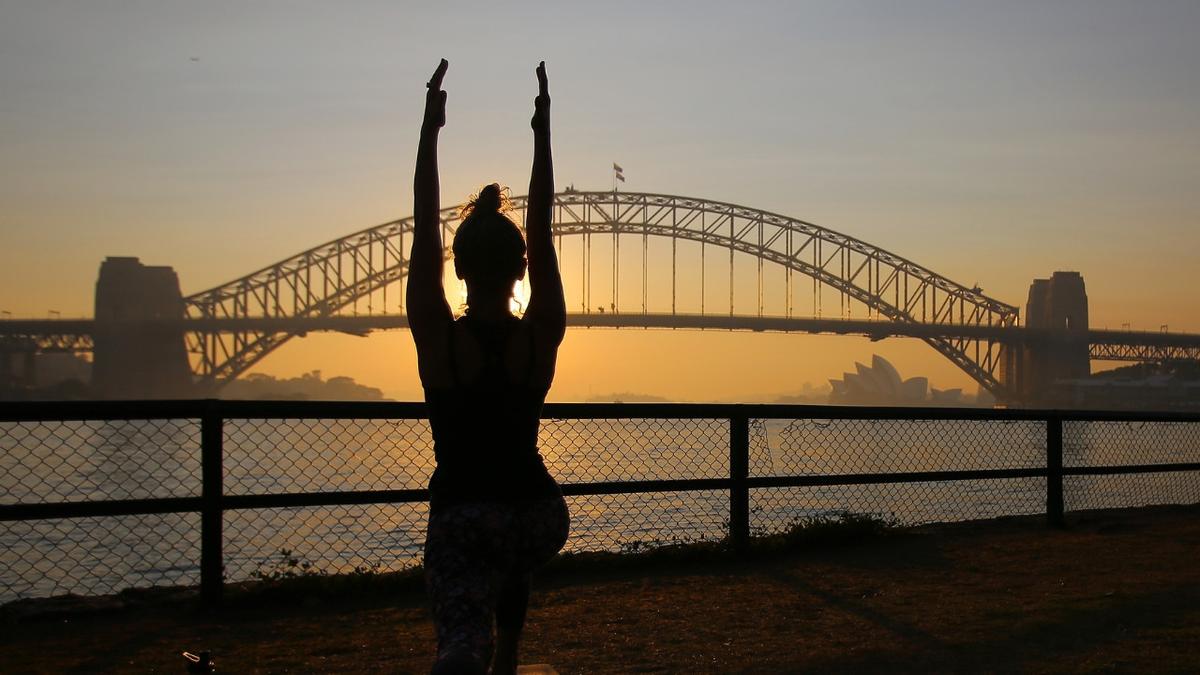The much-needed holiday might sound good on paper but Australians hunting a release from the stress of day-to-day life are looking much closer to home.
New research into wellness retreats, released to mark World Mental Health Day on Friday, has shown the benefits are wearing off soon after returning home and only slightly reducing long-term stress for most Aussies.
In contrast Aussies are more than two times more likely to put lasting mental health improvements down to regular movement or exercise.
Know the news with the 7NEWS app: Download today
But lead researcher Dr Brendon Stubbs believes “misconceptions” around exercise remain, saying a life revolving around hour-long sessions or half-marathons is not the answer for everyone.
“They will have great benefits, but the reality is most people are doing nowhere near that,” the Briton told 7NEWS.com.au.
“When it comes to movement breaks, snacks, micro-doses, our research has shown that just these regular amounts of 15 minutes can have a meaningful uplift and that can be anything that a person chooses to do.
“(It) has been a huge barrier for people to think ‘I have to do sport X or sport Y or get sweaty or lift heavy weights.
“Those are all amazing but it can be and the longevity of engagement shows that if you choose something that works for you, that fits your circumstances, that you enjoy, you’re much more likely to do it.
“That could be running, walking, playing squash, padel, dancing — all of these have great benefits. It’s much better to be consistent and to do something you enjoy, that’s more likely to have long-term consistency and benefits.”
The study, commissioned by ASICS, involved 11,000 respondents, from 16 countries, who had taken a wellness holiday in the past year.
Australians (61 per cent) were behind only Singaporeans (70 per cent) in crediting regular movement for improving their mental health, and well above the global average of 48 per cent.
But despite travel stress or high costs, four out of five Aussies surveyed said their wellness holiday had met most or all of their expectations.
Almost as many (70 per cent) said they were likely to take another wellness holiday.
Dr Stubbs said the findings “reinforced” the need to take lessons and form what he described as daily “everyday retreats” while home.
“People are looking for escapes, and there are many really nice escapes out there,” he said.
“But I suppose it goes back to the fundamental question of what are you trying to get back from that?
“When it comes to the scientific evidence and the data we found, yes, they do have benefits. These are short-lived and you can’t constantly, for most people, be on continuous wellness holidays.
“But if you really want to see an ongoing longevity for your positive mental health we introduced this concept of everyday 15-minute movement breaks.
“By all means go away, have an escape, feel better, try and embed some movement while you’re there and when you come back to keep that going and compound it through the rest of the year.”
Dr Stubbs said researchers “consistently” saw positive benefits for people moving “no matter what age they started”.
“I think that’s a really important key takeaway for people,” he said.
“Everybody wants a sense of escape every single day. We can’t be away all the time, certainly most people can’t.”

